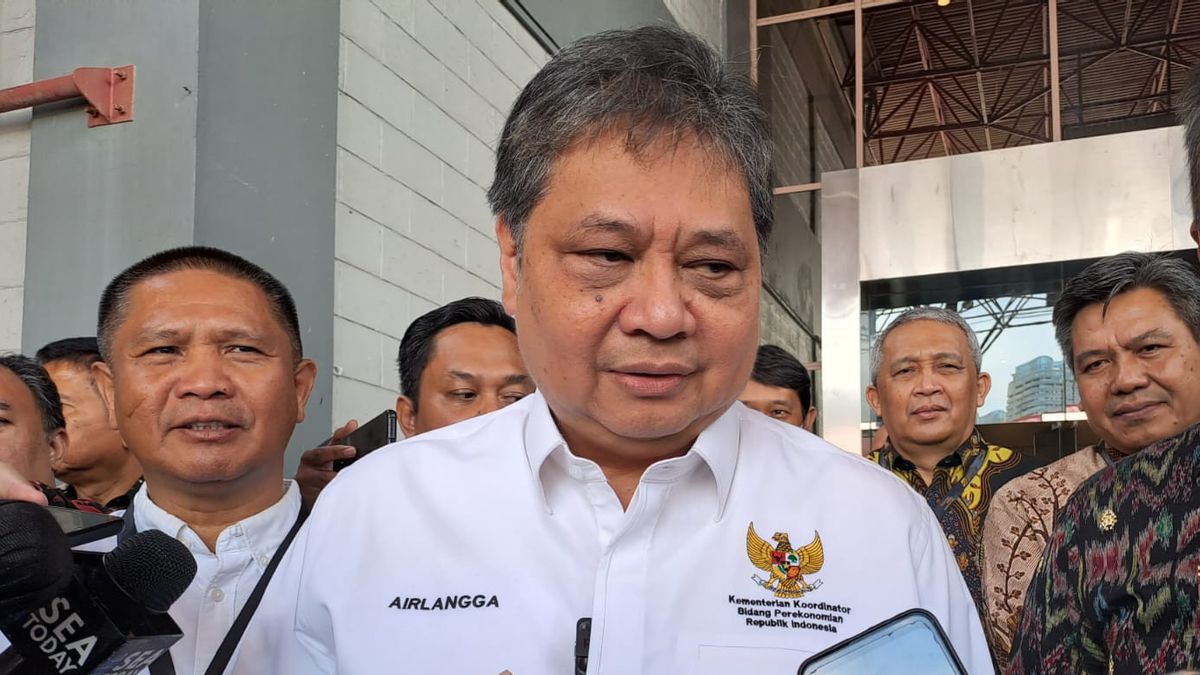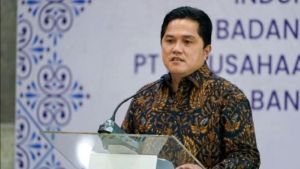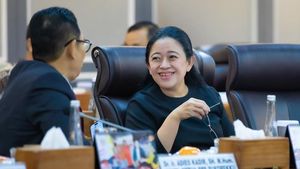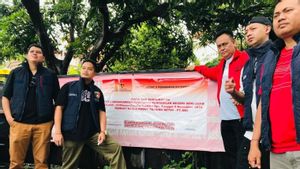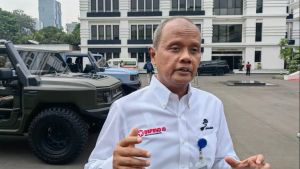Coordinating Minister for Economic Affairs Airlangga Hartarto said that future generations have the right to enjoy an environment that is safe from disasters and damage due to the effects of climate change.
Therefore, all parties, including the government, have a responsibility to continue efforts to develop sustainable and low-carbon.
"In the future, the Generation has the right to enjoy an environment that is safe from disasters and damage that has the potential to arise from the effects of climate change," said Coordinating Minister Airlangga as quoted by ANTARA, Wednesday, December 13.
Coordinating Minister Airlangga said the government was conducting studies and preparations for the implementation of Carbon Capture and Storage (CCS) and Carbon Capture, Utilizaton and Storage (CCUS).
Indonesia itself has a huge potential for CO2 storage with an estimated 4.85 giga tons on the delayed reservoir and around 572 giga tonnes on the saline aquifer.
Currently, there are 15 CCS and CCUS projects in Indonesia with an investment value of around 7.97 billion US dollars. Globally, the potential market of Carbon Capture, Utilization, Transportation and Storage is also projected to increase from 3 billion US dollars in 2022, to 14.2 billion US dollars in 2030.
In addition, in the non-electric sector, the government also continues to develop biofuels from both palm oil (CPO) and non-CPOs.
The mandatory B35 program in Indonesia has also been able to reduce 34.9 million tons of CO2 and is a successful example in the context of achieving sustainable development goals (SDGs).
Closing his remarks, Coordinating Minister Airlangga stated that in efforts to decarbonize, industrial sector issuers are also expected to make more contributions, given the regulation of Indonesia's export destination countries that require sustainable practices such as CBAM and EUDR.
In addition, the increasing level of consumer awareness regarding a green lifestyle also encourages companies to be able to provide low-carbon products.
The Association of Indonesian Issuers has an important role in supporting efforts to implement decarbonization and increase the green economy. AEI can encourage issuers to implement environmentally friendly practices, take advantage of renewable energy, increase energy efficiency, reduce the use of fossil fuels, and process waste," he explained.
SEE ALSO:
The government is currently committed to implementing sustainable development through decarbonization efforts with an increase in the green economy.
This effort is implemented with a commitment to reduce greenhouse gas emissions as stated in the nationally determined contribution (ENDC) of 32 percent of the usual conditions (business as usual) in 2030 and 43.2 percent if through international cooperation, and achieving zero carbon (NZE) emissions in 2060 or sooner.
The English, Chinese, Japanese, Arabic, and French versions are automatically generated by the AI. So there may still be inaccuracies in translating, please always see Indonesian as our main language. (system supported by DigitalSiber.id)
